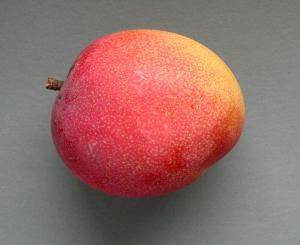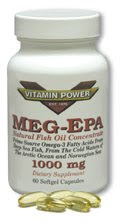Vitamin E May Boost Brain Health After Stroke

May prevent nerve cell death in the brain following a stroke, suggests new research on this emerging form of Vitamin E. Alpha-tocotrienol, one of eight forms of Vitamin E, was found to inhibit an enzyme from releasing fatty acids that eventually kill neurons, according to findings from a study with mouse brain cells published in the Journal of Neurochemistry. The beneficial effects are observed at low levels of the nutrient, researchers from Ohio State University report following their National Institutes of Health-funded study. "Tocotrienol - a natural dietary form of the nutrient Vitamin E, can be just as effective as drugs or other therapeutic agents, if not more so, in neural protection, opening up new possibilities into prevention and even treatment of stroke and other neuro-degenerative diseases" the researchers noted. The potential neuroprotective effects of nanomolar levels of tocotrienol were first reported a decade ago. This latest study from The Ohio Stat


